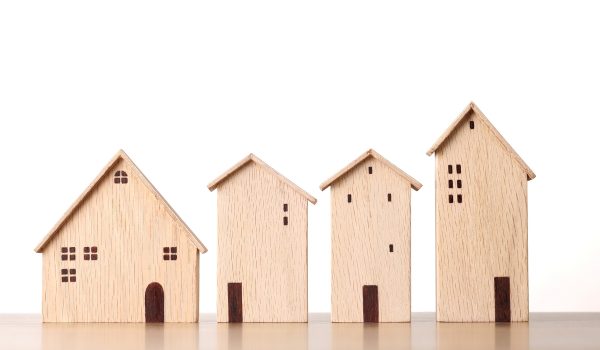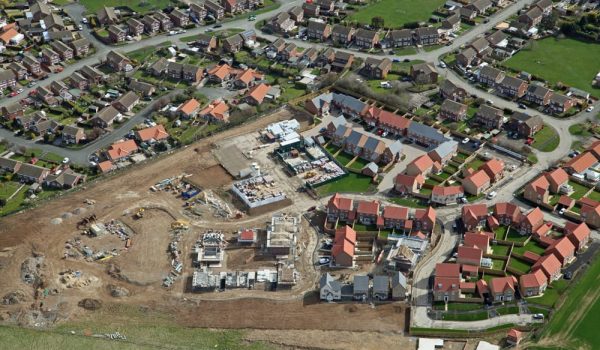Serviced Accommodation is a short or long-term rental apartment which is similar to a hotel, in that it provides similar services including cleaning, a reception, gym, laundry and a TV room/lounge area. The apartments are fully-furnished, including a kitchen area, so that it’s possible to cook meals (as you would in a typical rental apartment). You’ll have your own key to the door and come and go as you please.
Serviced accommodation can vary. Some are more like hotels than others, and some are even situated next to hotels. Certainly though, they are increasingly being viewed as a less expensive alternative to a hotel, and are popular for corporate lets, as well as short-term residential accommodation, and even holiday lets.
It’s possible to buy an apartment in a building as a buy to let and turn it into a serviced apartment (provided the lease allows you to do that). Alternatively, you could invest in a block of serviced apartment accommodation being built and managed by a development company.
Different types of SA and how to get started with each one
Serviced apartments. There tends to be a number of self-contained apartments in a block, which have a concierge during the day and a professional management company running them (taking care of the stair cleaning, lifts etc.). There could be a weekly cleaning service and laundry arrangements, as well as a 24-hour repair number.
Aparthotels. These are more self-contained than a hotel, but offer similar services e.g. breakfast, a maid, on-site reception and gym and business facilities.
Hotel apartments. These are usually found beside the hotel itself, where residents are entitled to use the facilities as a guest would. This usually includes a restaurant, bar, spa etc. They tend to be bigger than a hotel room and have a kitchen attached. Some hotel apartments may even have their own front door-style entrance.
Planning Law and SA
A residential dwelling is classed as C3 in planning law, and a traditional buy to let would come under this. A hotel or B&B is classed as C1. Serviced Accommodation tends to fall between both and, at this moment in time, there is no definition for SAs – although this could change in the future, thanks to the numbers of serviced accommodation springing up of late (especially in popular tourist cities).
At present, a serviced apartment in a new development, for example, would be regarded as a residential dwelling and come under the C3 classification.
In London, there are so many serviced apartments that planners there introduced a restriction on the number of nights a property can be let as a short-term rental, along with several stipulations. Under the Deregulation Act 2015, it can only be let for 90 days within the one year as a short-term rental – otherwise planning permission is necessary. In addition, at least one of the owners of the property must be registered to pay council tax.
Here at Sourced, we have experts in the serviced accommodation field. They can help you find the right type of property for your next property venture. Why not call us for a chat today on: 0333 123 1330?



